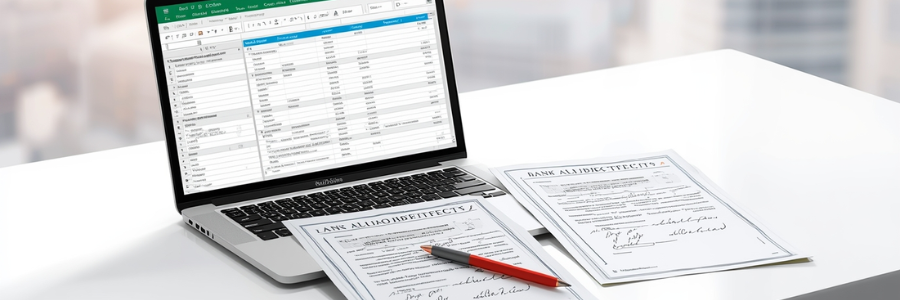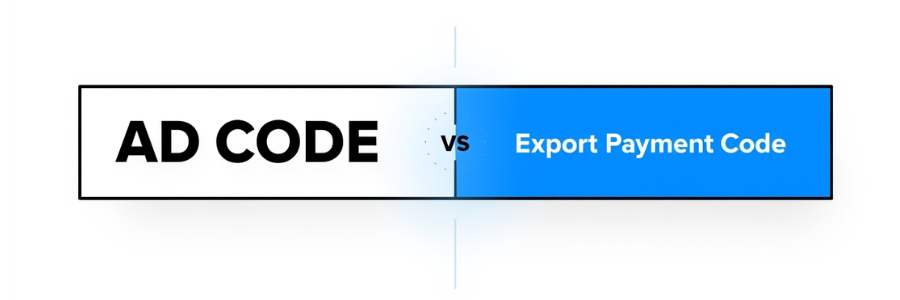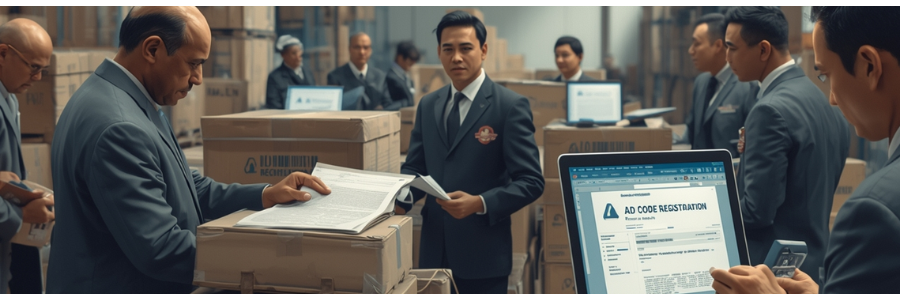Tips for Exporters to Maintain Valid AD Code Records Across Ports
Overview
Before 2022, the exporters were required to register their AD code at each separate port. That created challenges for them to manage code at each port accurately. However, the new export notification declared that the exporters no longer register their AD code at ports. But still, the management of the AD code registration at all ports is crucial for many reasons. This comprehensive guide will explore how exporters can manage their valid AD code records across ports, the legal requirements, and valid documents.
1. The Importance of AD Code Registration at Ports
The authorized dealer code is used for multiple reasons, including use during customs clearance and linkage of the current bank account to international trade activities. Even for the shipping bill filing, the registration of AD at ports is vital. Failure to register the code at the ports, the goods will not be passed and will be held in storage areas. In addition, for the exporter’s verification, the customs authority uses the AD (Authorized Dealer) code.
2. Ensure the Records’ Accuracy Before Starting the AD Code Process
The management of compliance starts before the registration process export. The steps make the fundamental blocks that complete the international trade activities. Well, for the valid AD code management, the exporters are first required to correct their documents.
- Document Consistency: Having all the details consistent with the required documents, such as the IEC number, GST certificate, and PAN, is crucial. A single error in the document or mismatched information can lead to application rejection, resulting in shipment delay.
- Class 3 DSC: For the online AD code letter registration on the ICEGATE portal, the exporters are required to use the Class 3 DSC. This digital signature certificate allows for the subordination of documents and the signing of applications electronically.
- Authorized Banks: The AD code is not issued by all banks. Must ensure that your bank is RBI authorized and deals in foreign exchange.
3. How to Manage AD Code Records Via the ICEGATE Portal?
Once the exporter ensures the accuracy of all export-related documents, the second stage is to streamline the registration process. The management of the AD code on ICEGATE (Indian Customs Electronic Gateway) is also vital.
a) One-Time Port Registration
Instead of registering the authorized dealer code at each separate port, the exporters can apply for port registration through the digital portal, ICEGATE. The system will make the AD code available across all ports under the same IEC number.
b) Multiple-Bank Accounts
In case an exporter obtains the multi-codes from the different register banks, they can register all against their IEC on the online ICEGATE portal.
c) DRN & IRN
For the documents and AD code letter submission, you must use the ICEGATE’s e-Sanchit feature. For future reference, the exporter must keep the Document Reference Number (DRN) and Invoice Reference Number (IRN).
d) Separate IFSC Code
Apart from AD code registration at ports, the exporters are still required to link their IFSC code to each separate port.
Explore more About: AD Code Registration at Mundra Port
4. Best Practices to Avoid Legal Complications with AD Code
The consistent management of code and other best practices is the way to prevent complications. Here is the complete breakdown for how you can make your global trade activities flourish:
|
Features |
Practices |
|
Keep Documents Store |
It is not required to renew the AD code, as it is valid for a lifetime. However, the records may be utilized during a modification in the exporter’s bank account. Must store all documents digitally and in physical format. |
|
Details Change Immediately |
If the exporter changes its current bank account or branch, it must notify the relevant authority and also make the changes to its current AD code. Must update the information on the ICEGATE portal about the changes. |
|
Consistent Details |
Your register AD code on ICEGATE must match the shipping bill, which also contains the AD code. The unmatched AD code of the shipping bill to the ICEGATE register code can cause a significant delay. |
|
Work with Professional CHA |
The Customs House Agents (CHA) are very familiar with the customs requirements and process. Seek an experienced and professional agent who can guide you through the documentation and important filings. |
|
Track Application Online |
The ICEGATE portal enables the tracking option for AD code holders. Use the digital portal to track foreign trade activities. |
Final Thoughts | Register AD Code Records Across all Ports
The accurate management of AD code is important to avoid legal challenges. The timely AD code registration facilitates faster customs clearance for the goods, enabling the claim of export advantages such as duty liabilities, GST refunds, and many more. Ensuring compliance with RBI makes the foreign exchange process smooth. Having accurate transaction records is crucial to preventing illegal money transfer. Starting the export journey through a specific port has become easier with one-time AD code port registration. Streamline the registration process with LegalRaasta professionals, who will assist you from start to finish.
Still have questions? Browse our FAQs or contact support.
(a) What is the AD code format for export?
Ans. AD code contains the 14-digit numerical codes, which are issued by the RBI-authorized banks.
(b) How to register the AD code at the port?
Ans. For authorized dealer code submission at the port, you must first obtain the AD code letter from your current bank. Then, navigate the ICEGATE portal and register the code on it. Code registration on ICEGATE is one-time and will be available to all ports.
(c) Is a different AD code required for each port?
Ans. No, there is no need to obtain multiple AD codes for each port. Once a single AD code register is on the ICEGATE portal, it will be available across ports.
(d) Is a COO required for export?
Ans. Yes, the Certificate of Origin (COO) is often mandatory for exporters who deal in international markets to ensure the goods’ origin.
(e) Where can you find port codes?
Ans. To check the port code, navigate the ICEGATE portal or the Directorate General of Foreign Trade (DGFT) website.









